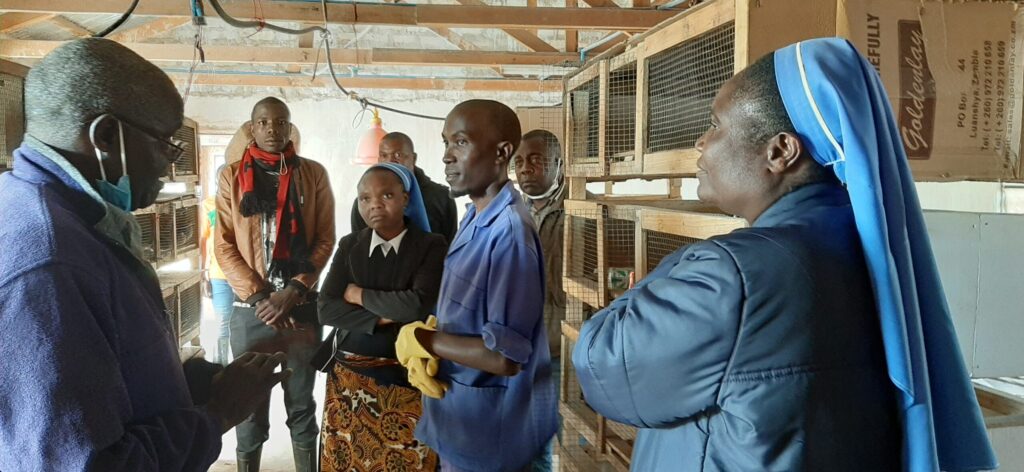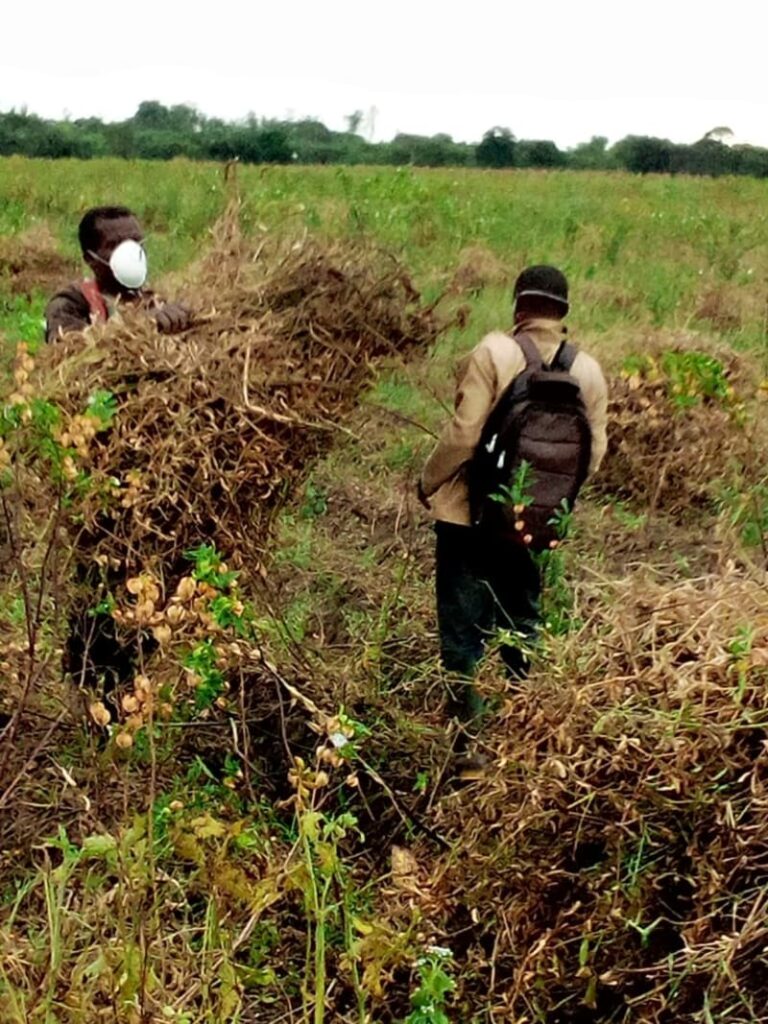
Development projects generally require the investor to map out the terms, based on experience and lessons draw from similar initiatives in the past. Experience and global best practices are necessary, of course, in determining the type of financing, the duration of your commitment, the risk management strategy, and the exit plan.
Inevitably, however, a challenge occurs that is very local in nature. When this happens the local project leaders are likely to be the most knowledgeable about what to do. This could be a challenge from weather disruption, local cultural influences — or, as happened most recently, a pandemic that, though global, has had unique repercussions in every corner of the world.

Missio Invest offered special grants to all of its investees to help in the COVID crisis, but investees decided on how to put the funds to use. The SCJ Farms committee discussed how they might mitigate the losses they faced from having to continue feeding their live chickens while losing income from the sales to schools. The plan they came up with was to use the funds to invest in more refrigerators which would allow them to get chickens to market at a slower pace. It turned out that they were able to sell the chickens at a better price than they had been getting when they sold them live.
This is an emergency plan that requires the kind of first-hand knowledge that only a local partner can provide. An investor who is seeking to provide transformative change — rather than just transactional capital — can’t expect to effect such changes from behind a desk in a faraway urban financial center. It’s the day-to-day decision making by those on the ground that ultimately determines the impact and the success of the project.
The Marist Brothers Farm (MBF) in Dedza, Malawi, faced another issue when the pandemic struck: they were about to bring in a harvest, but workers were not showing up due to fear of the virus. For some, there was a stigma attached to farm work, due to local rumors that cattle, pigs, poultry and other farm animals were carriers of the coronavirus. To bring in the workers they needed, the MBF needed to educate the community about how the disease is spread, increase wages as an incentive, and introduce dual shifts.

We recognize at Missio Invest that we can’t afford to write off our investments to local disruptions or a global health crisis. Nor does a strategy that works in one place necessarily work everywhere else. So we have to rely on our local partners to help determine how to solve problems head-on. At the same time, working with local partners this way is critical to maximizing the impact and bringing on transformative change. As we see it, when we combine our capital and technical training with the investees’ knowledge of what their communities most need, our investees gain the skills and resources they need to be resilient over the long term.